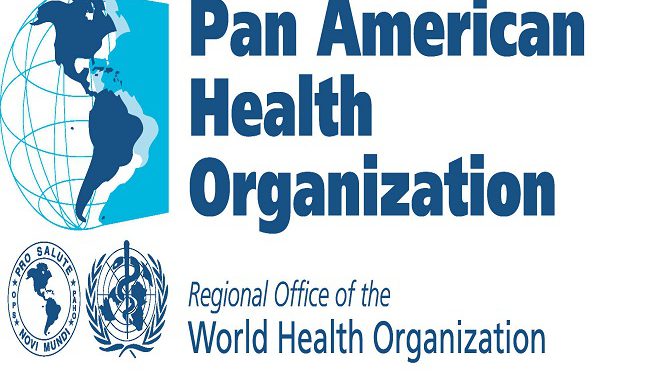Washington, D.C., 26 September 2018 (PAHO/WHO) – Ministers of health from throughout the Americas have endorsed a series of actions aimed at ending preventable deaths among women, children and adolescents; ensuring their physical and mental health and well-being across their life course; and expanding enabling environments, so that no one is left behind.
The Plan of Action for Women’s, Children’s and Adolescents’ Health 2018-2030, adopted by the 56th Directing Council of the Pan American Health Organization (PAHO), calls to address the immediate causes of preventable mortality, morbidity, and disability in women, children, and adolescents. The Plan also looks at the underlying determinants of these issues within the framework of rights, gender, life course, and cultural diversity in order to promote positive development, health, and well-being. The plan, fully guided by the themes survive, thrive and transform from the WHO global strategy on this subject, integrates several areas of work in order to build health and reduce health inequalities.
The Plan was developed to address uneven progress in women’s, children’s and adolescents’ health in the Region, particularly between and within certain population groups. Indigenous, Afro-descendant, less-educated, poor, and rural groups, as well as some populations of women, children, and adolescents consistently suffer higher burdens of preventable mortality and morbidity.
“While progress has been made in women’s, children’s and adolescent’s health in the Region, certain populations continue to suffer higher burdens of preventable mortality and morbidity,” said Dr. Andres de Francisco, Director of the Family, Health Promotion and Life Course Unit at PAHO. “Given the knowledge and experience that we have developed in reducing overall mortality, we are now best placed to accelerate and expand achievements to include those that continue to miss out.”
In order to ensure that this progress is more evenly spread, issues such as equitable access to health care, the provision of integrated health initiatives that involve families, schools and communities, and the development of policies to provide women, children and adolescents with opportunities to participate in their own health development, must be addressed.
The Plan establishes a series of overall objectives for the Region. These include equitable reductions in maternal and child mortality; a decline in early and unintended pregnancy; and an increase in the healthy life expectancy of women in the Americas. To achieve these objectives, the Plan proposes four strategic lines of action:
- Strengthen policies to reduce health inequities among women, children, and adolescents, through the development of integrated health policies that understand how health inequities occur;
- Promote universal, effective and equitable health and well-being throughout the life course, by ensuring that health interventions are forward-looking and build good heath into each life stage, within families, schools, communities and other social settings;
- Expand equitable access to comprehensive, integrated, quality health services, with a particular focus on issues affecting women, children and adolescents;
- Strengthen information systems for the collection and availability of disaggregated health data and statistics to develop more targeted and effective interventions.
The plan also calls for investment in mechanisms that empower people, families, and communities to actively engage in the protection and promotion of the health of women, children, and adolescents, particularly those in situations of vulnerability.
Some expected results of the Plan of Action are:
- Infants under 6-months that are exclusively breastfed should increase from 30.5% in 2018 to 70% by 2030.
- Most of the countries in the Americas will have a comprehensive school health program within the next 12 years.
- At least 90% of women and adolescents of reproductive age should have their need for family planning satisfied with modern, quality contraceptive methods by 2030.
- All countries and territories will have introduced HPV vaccine in their immunization schedule in the next decade.
The Directing Council of PAHO brings Ministers of Health and high-level delegates of the PAHO/WHO member countries together in Washington D.C. to discuss and analyze health policies, set priorities for PAHO’s technical cooperation programs, and foster collaboration on public health at the regional level.
-30-









